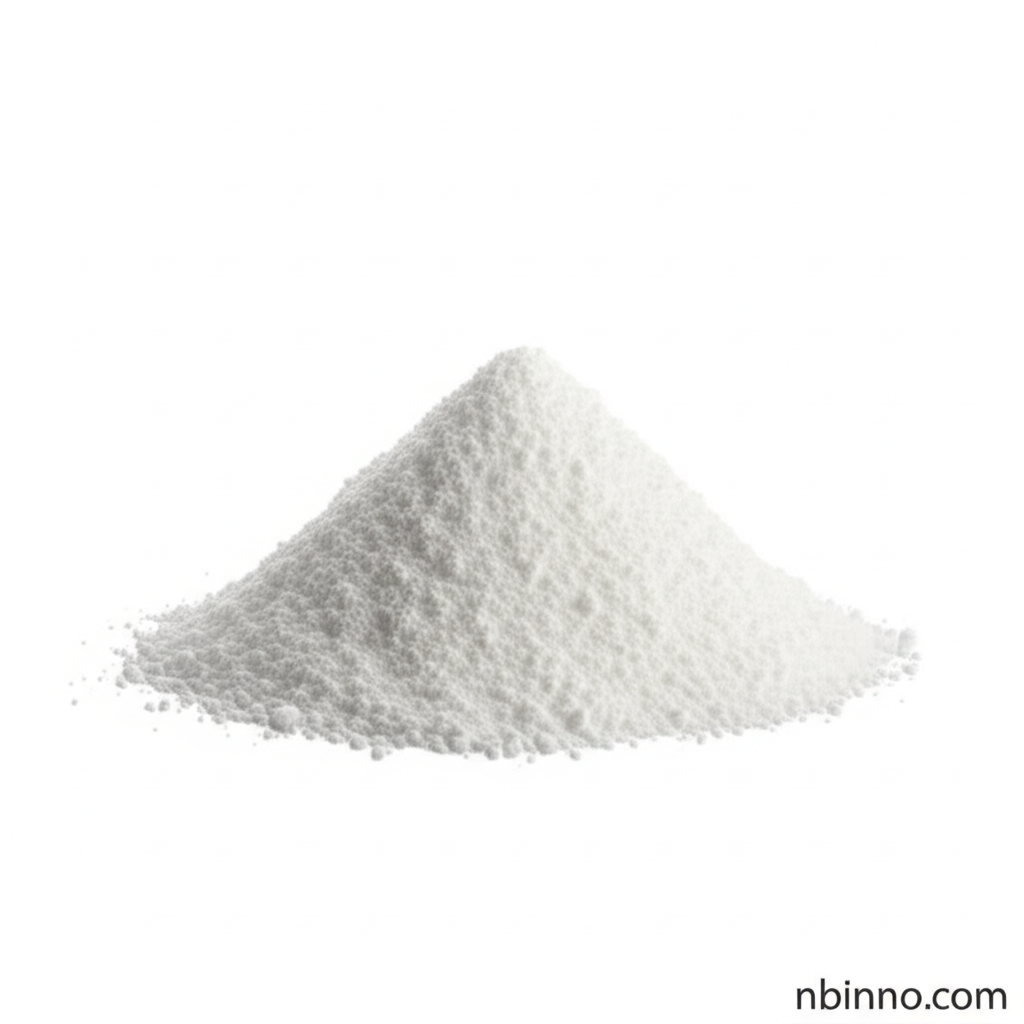Microcrystalline Cellulose: The Essential Pharmaceutical Excipient for Tablet Formulation and Beyond
Unlock the potential of your formulations with Microcrystalline Cellulose, a versatile and high-performing excipient.
Get a Quote & SampleProduct Core Value

Microcrystalline Cellulose
Microcrystalline Cellulose (MCC) is a purified, partially depolymerized cellulose, widely recognized for its exceptional performance as a pharmaceutical excipient. It is derived from natural wood pulp, making it a safe and effective ingredient for a vast array of applications, particularly in tablet and capsule formulations.
- Discover the benefits of microcrystalline cellulose in tablets, offering robust binding capacity essential for tablet integrity.
- Explore how MCC acts as a versatile filler, providing bulk and aiding in the uniform distribution of active ingredients.
- Understand the role of MCC in direct compression, streamlining manufacturing processes and enhancing efficiency.
- Learn about MCC for wet granulation, facilitating consistent granule formation and improved product yield.
Advantages Provided by the Product
Superior Binding Properties
Leverage the strong binding capabilities of microcrystalline cellulose for robust tablet formulation, ensuring product stability and reduced friability.
Enhanced Compressibility and Flow
Benefit from MCC's excellent compressibility and improved flow characteristics, crucial for high-speed tableting and efficient manufacturing processes.
Wide Range of Applications
Utilize MCC in diverse pharmaceutical and food applications, from direct compression to wet granulation, as detailed in our microcrystalline cellulose grades explained.
Key Applications
Pharmaceuticals
As a pharmaceutical excipient, MCC is indispensable for formulating tablets and capsules, acting as a binder, filler, and disintegrant, contributing to the overall efficacy and stability of medications.
Food Industry
In food products, MCC serves as a texturizer, stabilizer, and bulking agent, enhancing mouthfeel and stability in various food items, as explored in our microcrystalline cellulose applications in food guide.
Direct Compression
Its superior compressibility makes MCC ideal for direct compression methods, simplifying production workflows and reducing manufacturing costs.
Wet Granulation
MCC's properties are highly beneficial in wet granulation processes, ensuring uniform granule formation and facilitating efficient drying and compaction.
